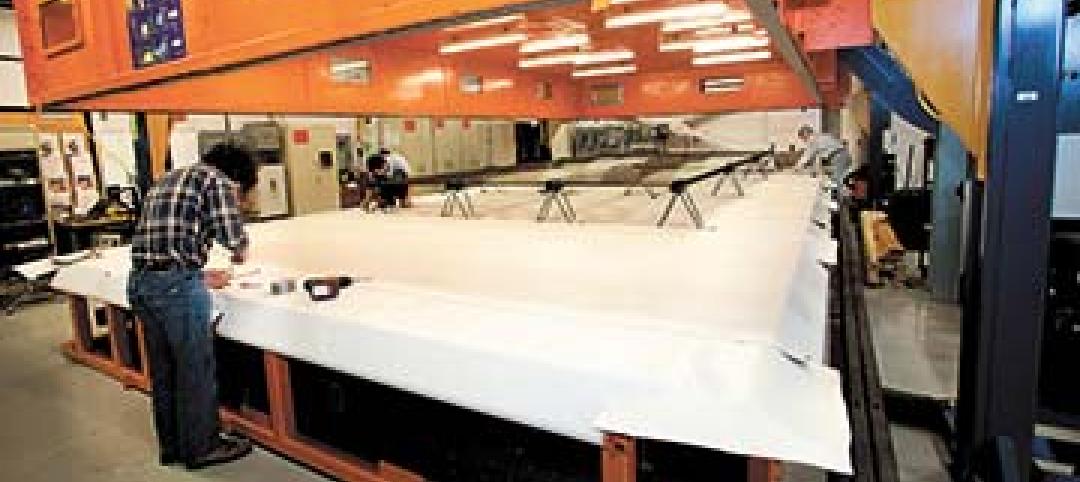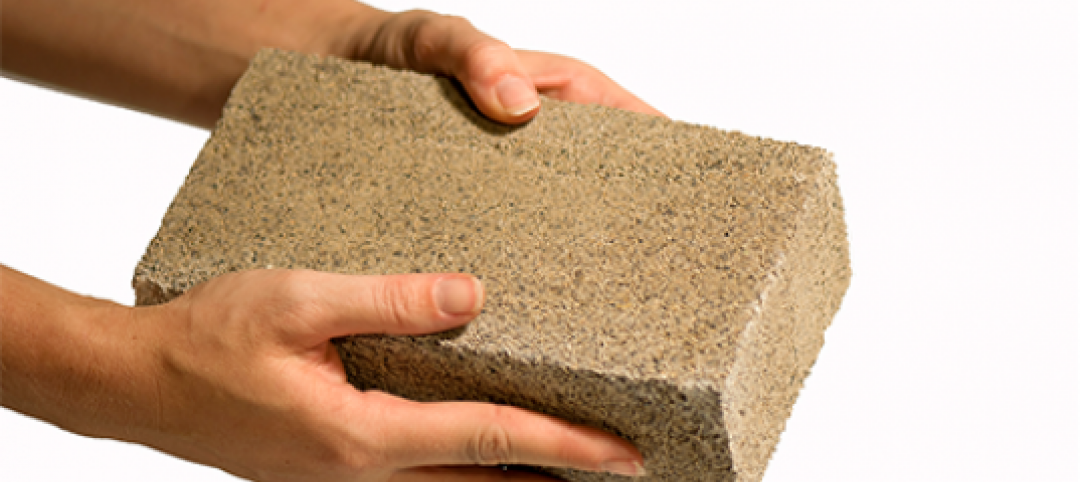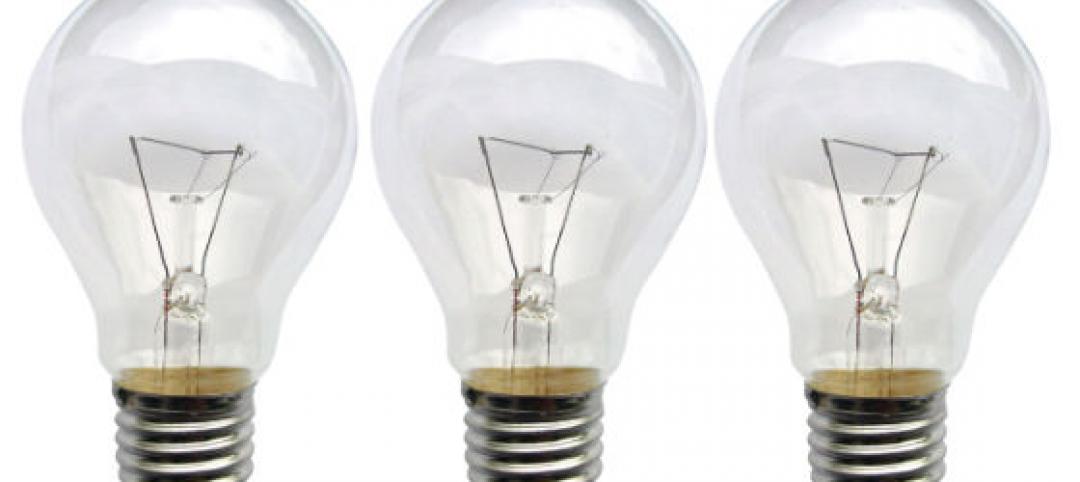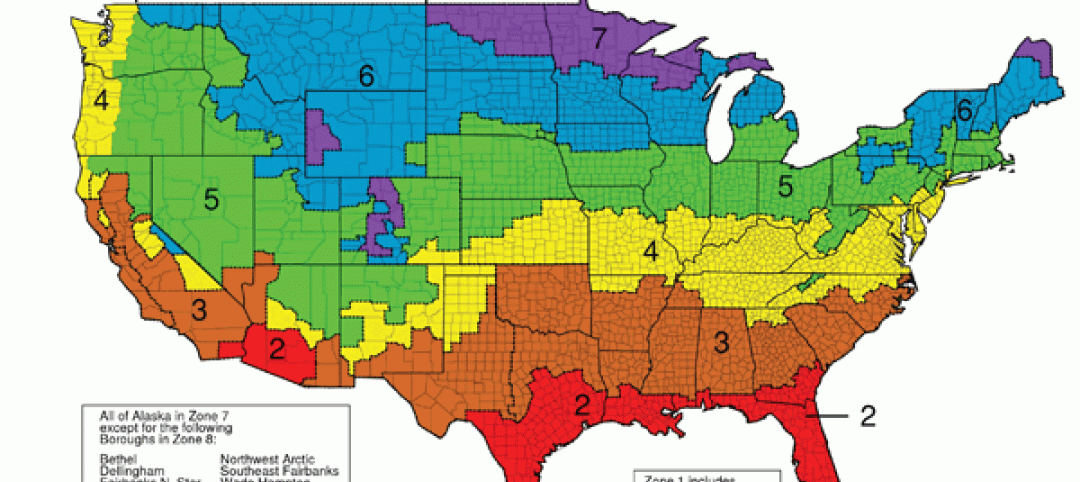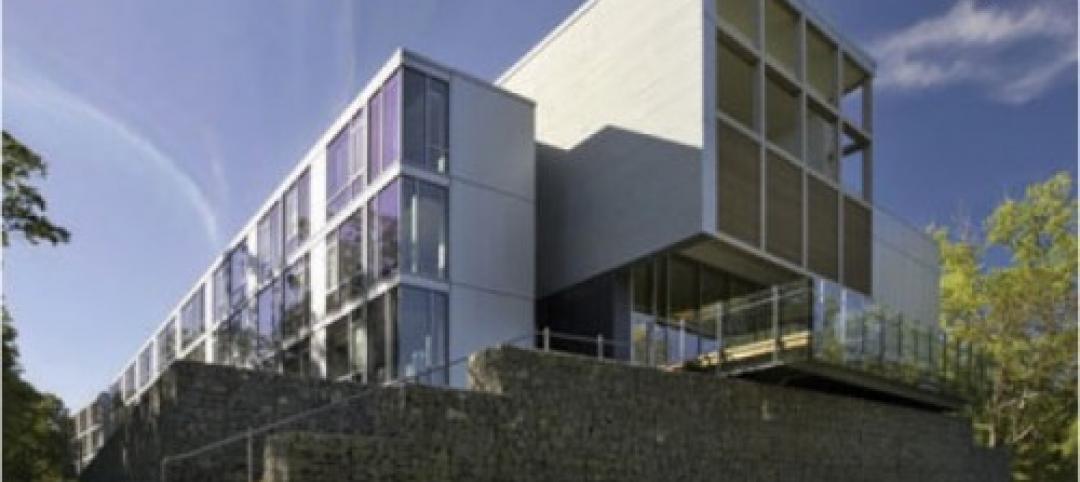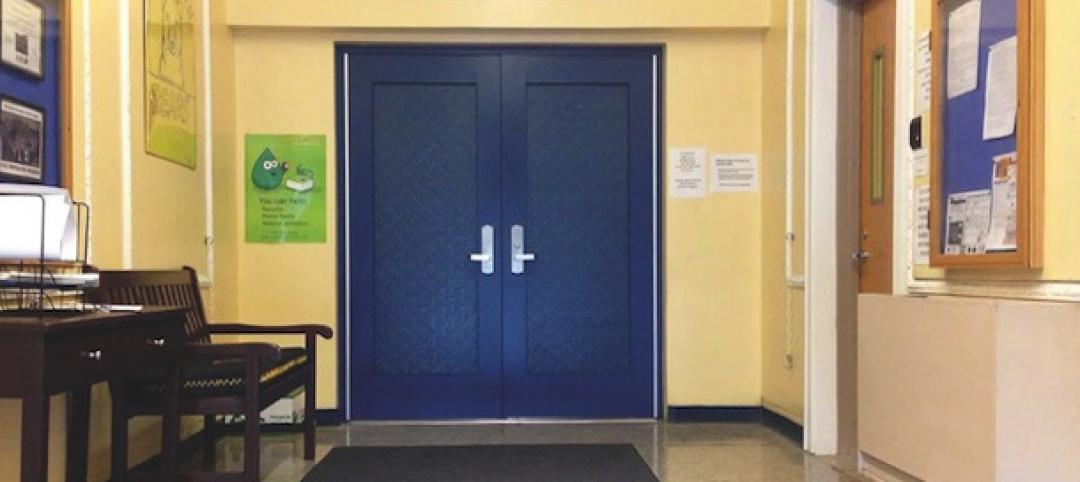Gov. Andrew Cuomo recently released a proposal for beefed up building codes and related actions to improve energy efficiency in New York State.
The Advanced Building Codes, Appliance and Equipment Efficiency Standards Act of 2021 would “significantly strengthen the state's building codes, improve energy and water efficiency, and reduce greenhouse gas emissions in New York State,” according to a statement from the governor’s office. The proposal would save New Yorkers $15 billion, with 40% of savings benefitting low- and moderate-income households, and it would reduce carbon emissions by 1.4 million tons annually, the Cuomo Administration says.
“This comprehensive legislation reduces energy and water consumption, makes sure substandard products will be removed from the market, and enhances the quality of products available, all while reducing emissions that contribute to climate change,” Cuomo says. Strengthening the energy code as proposed would allow the state to establish new energy efficiency standards for buildings, such as requiring greenhouse gas emission reduction in the design criteria.
The legislation expands appliance standards categories to cover a wider range of products and prevents appliances that do not meet minimum performance levels from being sold, leased, or installed. New York is on a path to achieving its mandated goal of a zero-emission electricity sector by 2040, including 70% renewable energy generation by 2030, and to reach economy-wide carbon neutrality, according to the Administration’s statement.
Related Stories
| Jan 23, 2014
About 1,500 concrete buildings in Los Angeles found vulnerable to earthquakes
Some 1,500 concrete structures built in Los Angeles before 1980 could be vulnerable to earthquakes, according to University of California researchers.
| Jan 23, 2014
Low-slope roofs with PVs tested for wind uplift resistance
Tests showed winds can cause photovoltaic panels to destroy waterproof membranes.
| Jan 16, 2014
Bio-based materials could transform the future of sustainable building
Recent winners of the Cradle to Cradle Product Innovation Challenge include a brick made from bacterial byproducts and insulation created from agricultural waste products.
| Jan 16, 2014
The incandescent light bulb is not dead
Despite misleading media reports, January 1 did not mark a ban on the manufacture or import of 60-watt and 40-watt incandescent bulbs.
| Jan 16, 2014
ASHRAE revised climatic data for building design standards
ASHRAE Standard 169, Climatic Data for Building Design Standards, now includes climatic data for 5,564 locations throughout the world.
| Jan 15, 2014
ConsensusDocs releases updated subcontract for federal work
The new version addresses recent changes in federal contracting.
| Jan 15, 2014
First quarter 2014 LEED rating system addenda now available
There are 71 new LEED Interpretations, including 65 for Homes and Multifamily Midrise.
| Jan 10, 2014
What the states should do to prevent more school shootings
To tell the truth, I didn’t want to write about the terrible events of December 14, 2012, when 20 children and six adults were gunned down at Sandy Hook Elementary School in Newtown, Conn. I figured other media would provide ample coverage, and anything we did would look cheap or inappropriate. But two things turned me around.
| Jan 8, 2014
Strengthened sprinkler rules could aid push for mid-rise wood structures in Canada
Strengthened sprinkler regulations proposed for the 2015 National Building Code of Canada (NBCC) could help a movement to allow midrise wood structures.
| Jan 8, 2014
New materials should help boost sustainability in cities by 2020
Newer developments include windows made with nano-crystals that control intense heat penetration while lighting living areas from the outside.




